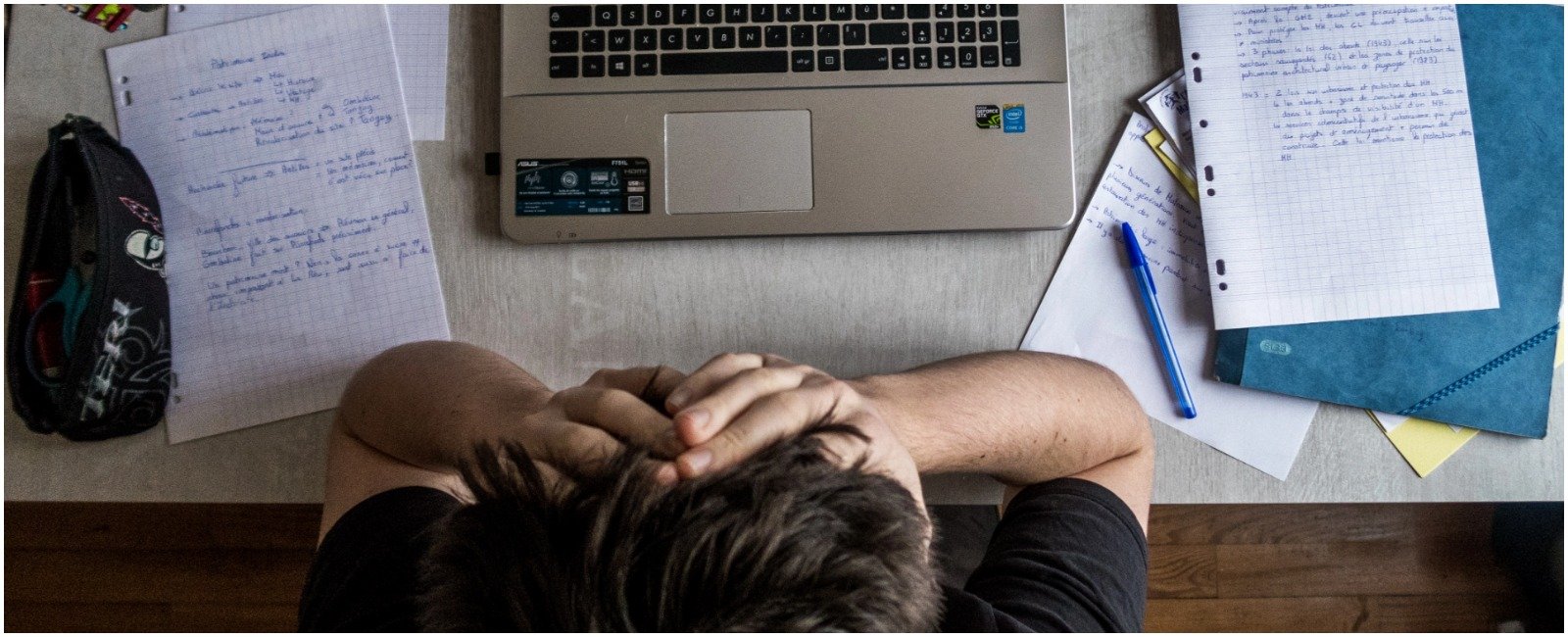Why you cannot afford mental health care in Pakistan
Rising cost of therapy, medicines, as well as the black market, has made mental health care unaffordable in Pakistan

Ten percent of Pakistan's population suffers from mild mental health disorders, such as depression, anxiety and post-traumatic stress, to name a few. While 1% of the population has been diagnosed with severe mental health disorders, according to the World Health Organization.
With stigmas and taboos attached to mental illnesses in the country, coupled with a dearth of qualified professionals, mental health disorders often go untreated, unattended and overlooked.
Last year, at a seminar, practitioners noted that the ratio of doctors to patients, in the field of mental health, is a staggering 1:100,000 patients. They further questioned the government’s inaction and lethargy in devising policies for public health.
In the last few years, private medical practitioners have increased their rates for therapy and consultation, making such services even more inaccessible. This has even compelled some patients to opt out of mental healthcare programs, as mental healthcare is not covered by insurance companies.
And these patients cannot turn to the public sector for help either, as doctors say that major government hospitals in the country only provide psychiatric help to patients with severe mental illnesses, with no room for psychological counselling and therapy.
The cost of mental healthcare
In the private sector, psychologists charge a high fee per session, due to the lack of government regulation, complain patients.
“I began going for therapy in 2019 when the fees for every session was Rs1,500,” says *Mahnoor, a 25-year-old NGO worker in Karachi, “But then the fees kept increasing till it reached Rs7,000 per session. With a monthly salary of Rs45,000, continuing mental healthcare became impossible.”
Dr Shoaib Ahmad, the head of the psychiatric department at Karachi’s Dow University of Health Sciences, agrees with Mahnoor.
He recalls that in the last few years, he has seen patients being forced to pay Rs200,000 to Rs300,000 in advance to a well-known therapist in advance to book an appointment, but even after attending several sessions, they noticed no improvement in their lives.
But Dr Rafia Rafiq, the director at the Institute of Applied Psychology, differs with Dr Ahmad's statement. She explains that there is a difference between a psychologist and a psychiatrist, which is why charges per session vary.
An average fee for therapy is Rs3,000, but it can also be as low as Rs1,000 or as high as Rs7,000, the doctor said.
“Psychiatrists prescribe medicines whereas psychologists provide an hour-long therapy session,” she told Geo.tv, “The latter involves assessment and report writing, which is why such sessions are usually expensive and require multiple tests.”
What does the law say?
Last month, a bill to regulate the profession, titled the Pakistan Psychological Council Bill, was struck down unanimously by the Senate's standing committee on National Health Services, with the objection that areas mentioned in the bill were already covered in the Allied Health Professional Council Bill passed in February.
The Allied Health Professional Council Act 2022 is now law, and aims for a uniform standard of basic and higher qualification in various Allied Health hospitals and to regulate the registration and licensing of professionals in the field.
The law defines “professionals” as those who provide diagnostic, therapeutic, preventive, curative or rehabilitative services in healthcare.
However, patients demand that the law should also provide the option of affordable mental health services and address the exorbitant rise in the prices of medicines.
“A few months back the pills I took for my depression cost less than Rs400,” Dr Moiz Merub Awan, a doctor in Karachi, told Geo.tv, “Now I pay over Rs3,000 rupees for the same pills.”
Dr Merub, who is a global policy expert, said that the coronavirus pandemic took a toll on his mental health. “I pay Rs10,000 every month just for four sessions of therapy, then there is the cost of my medicines. And no insurance company will cover this cost,” he said.
The black market
At times, psychiatric medicines suddenly disappear from the market and are then sold in the black market for 10 times the original price.
Wasif, a 24-year-old student, said that when he can’t find the medicines he needs, pharmacy shopkeepers advise him to buy them from an unregistered vendor.
“An anti-depressant which normally costs Rs200 from a local pharmacy costs Rs1,200 if bought in black,” he told Geo.tv.
The increasing costs of psychiatric medicines can result in patients discontinuing the prescribed treatment, which can be detrimental to their long term health, said Dr Imtiaz Dogar, chairman of the Pakistan Psychiatric Society.
Some patients, such as those who suffer from bipolar disorder, need medicines urgently, he added.
“If such patients are left untreated for a long period, the chance of their condition worsening increases by many folds and may also lead to a person harming himself,” Dr Dogar told Geo.tv, “Long-term treatment is necessary to save lives.”
Meanwhile, in November, the former special assistant to the prime minister on health, Dr Faisal Sultan, announced that a national action plan was ready to deal with the epidemic of non-communicable diseases, which included mental health and trauma.
But it is unclear where the plan is now. Dr Sultan did not respond to Geo.tv’s repeated request for comments.
— Thumbnail image: Reuters/File




